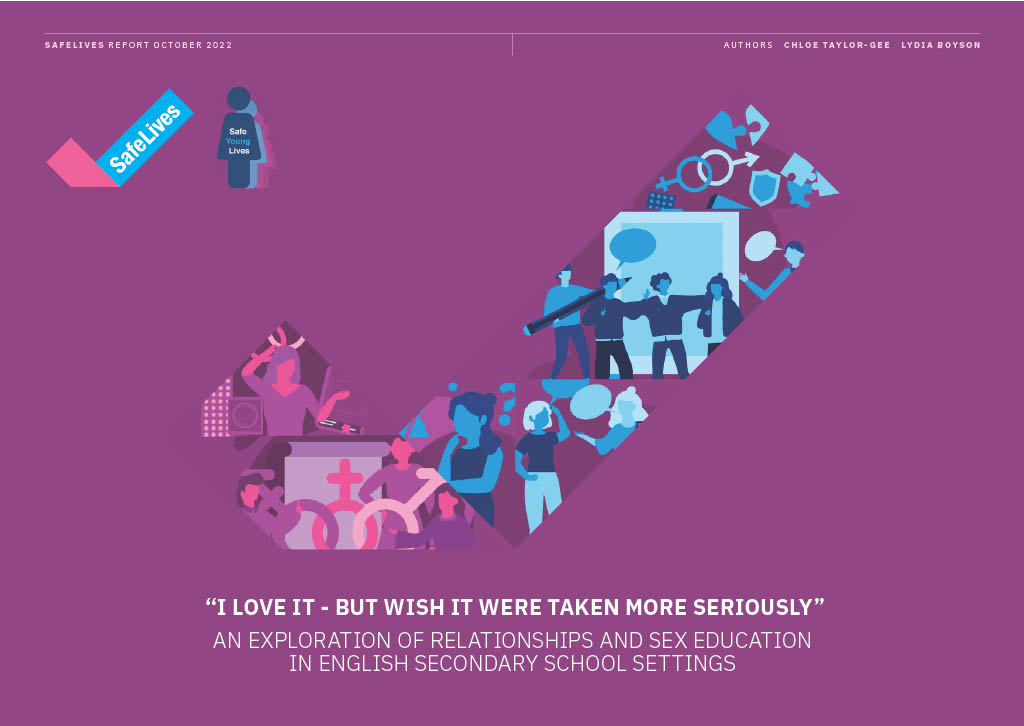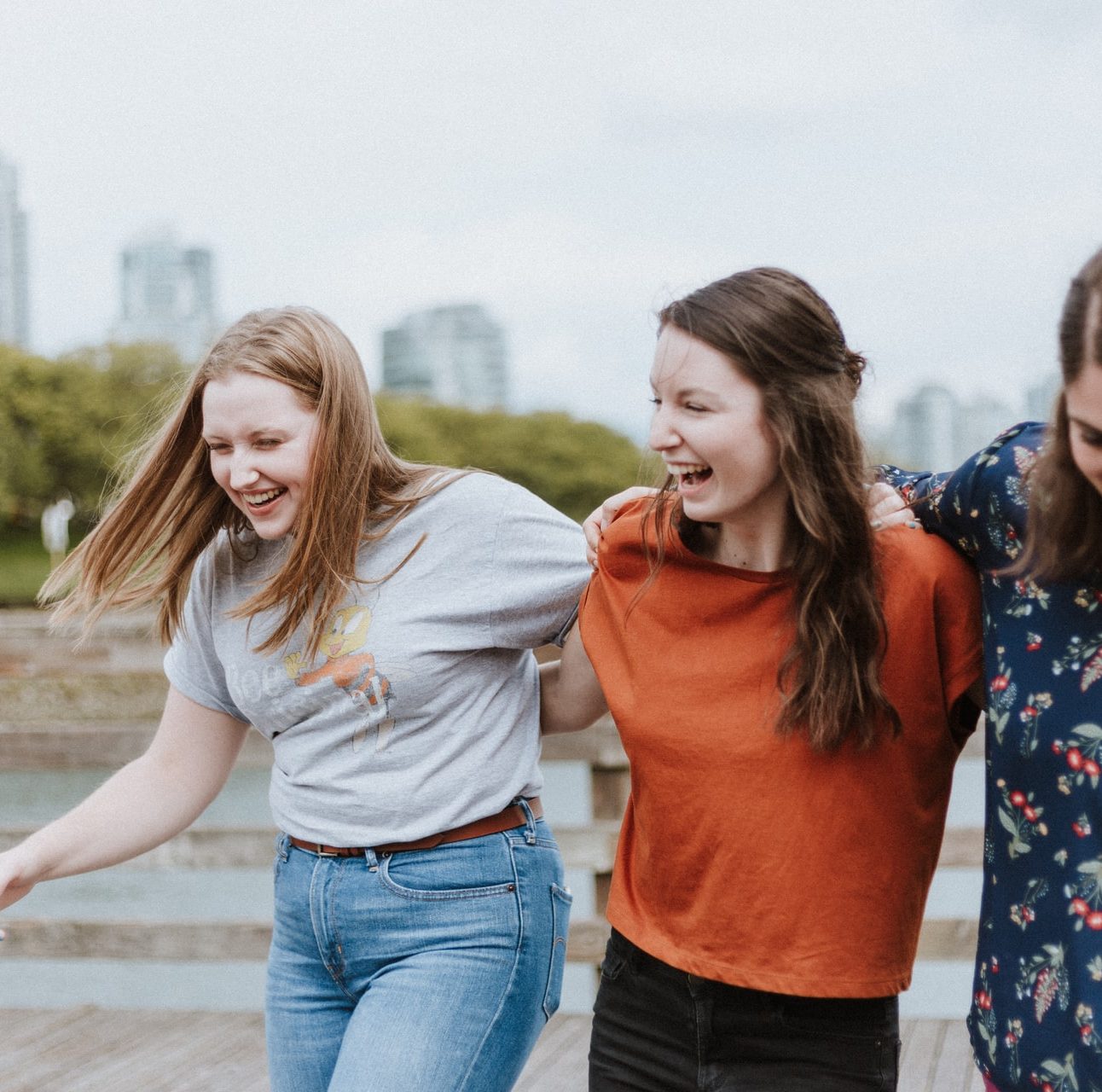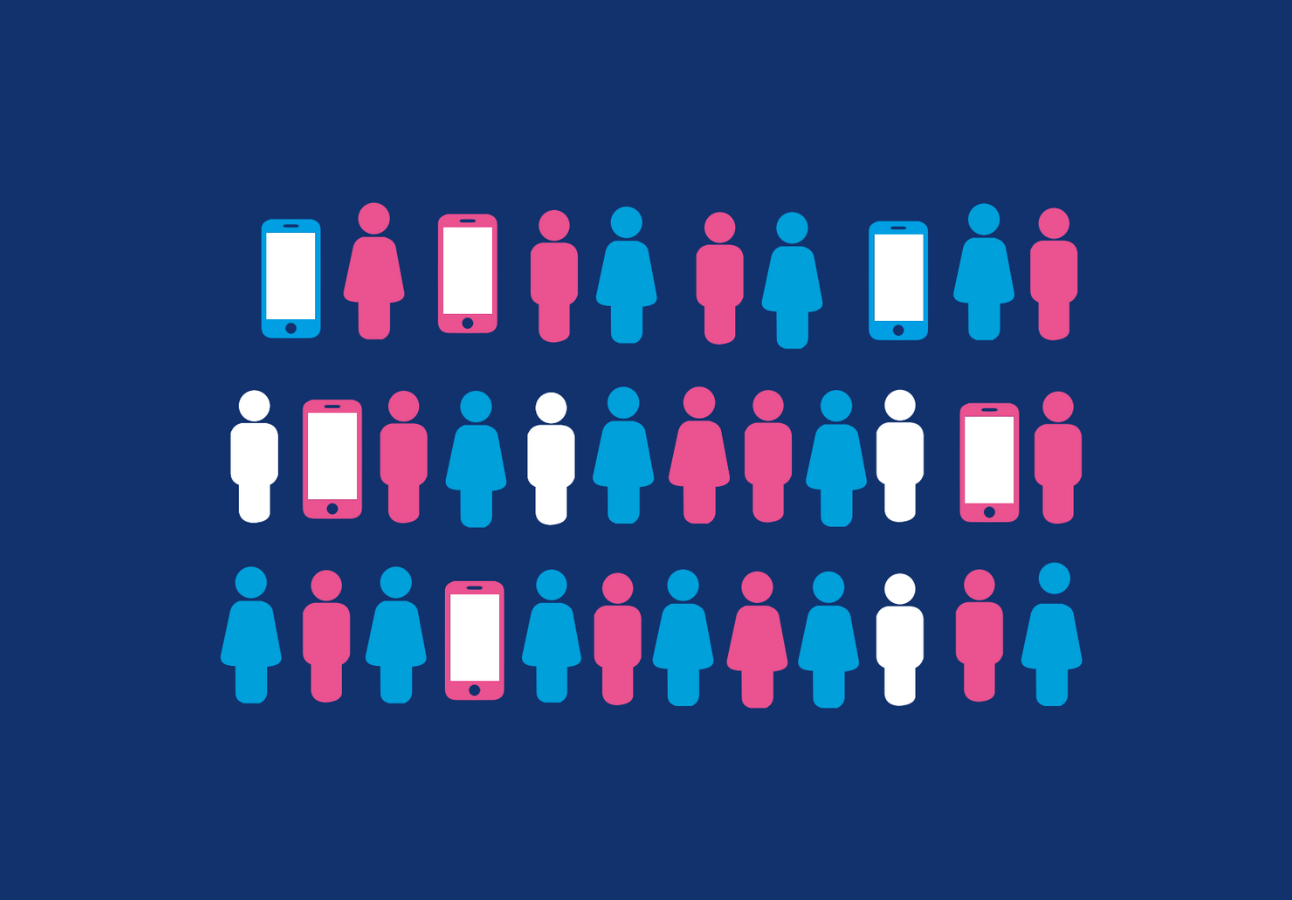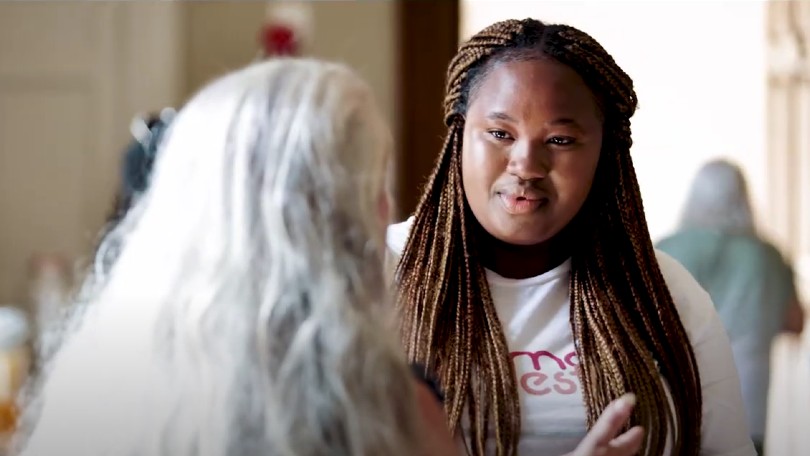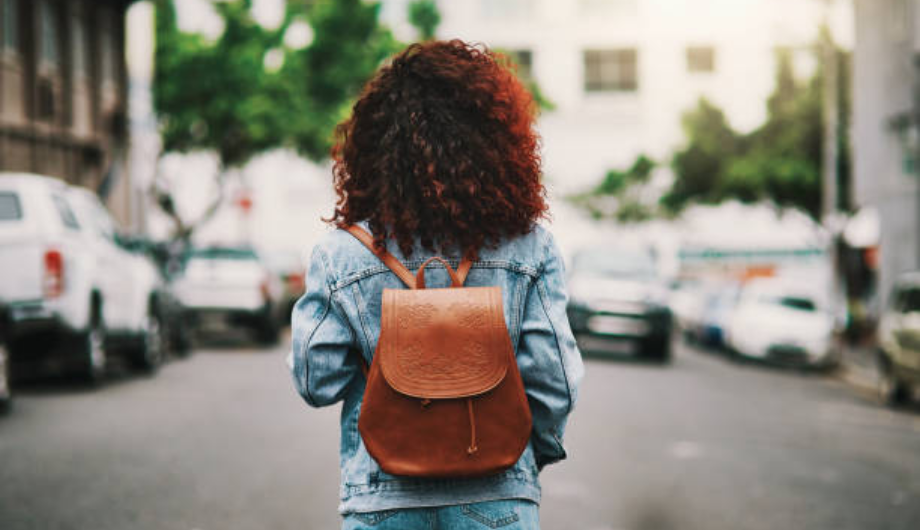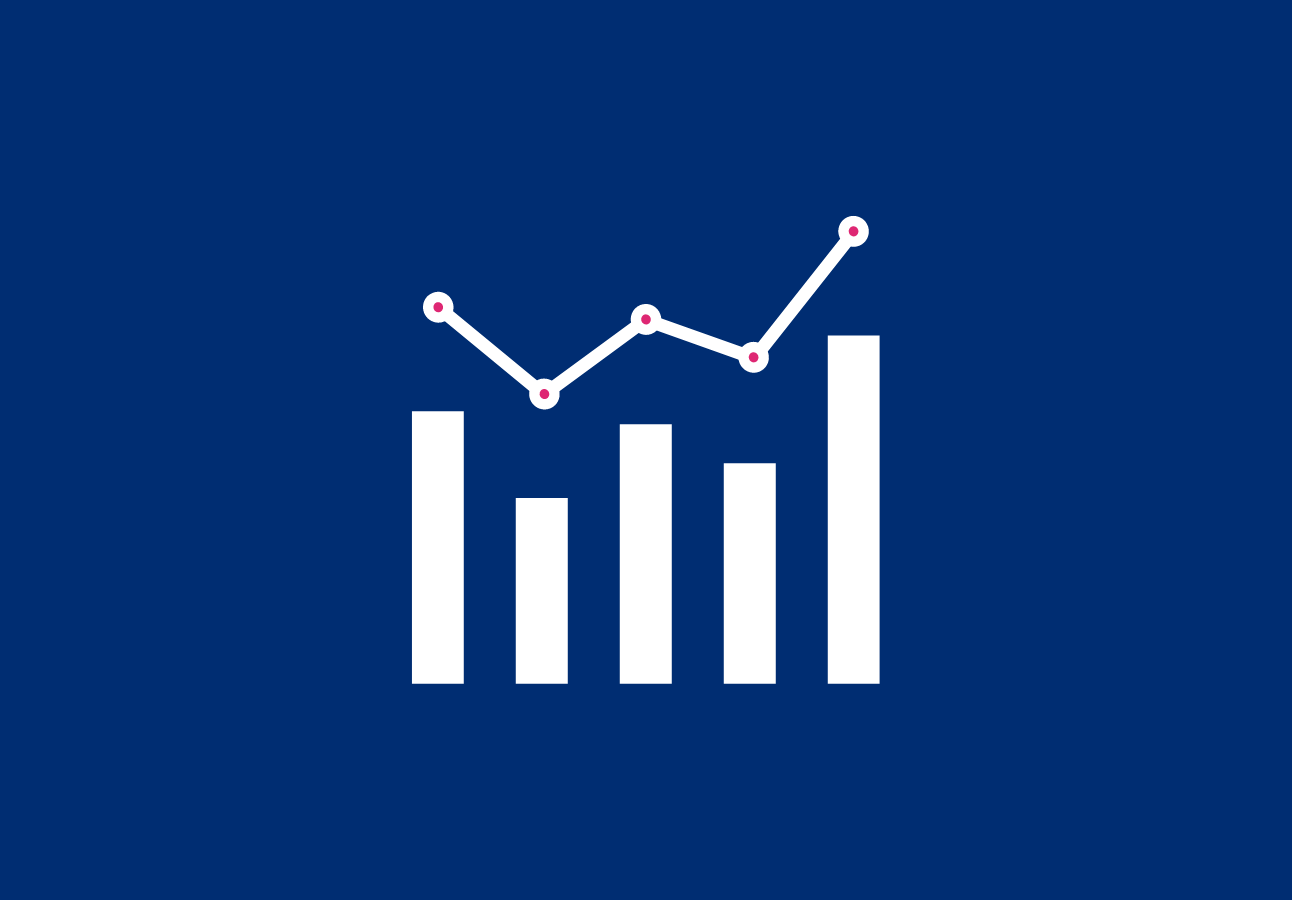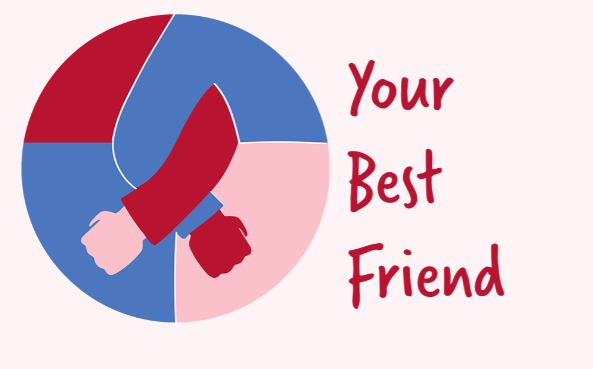
Domestic abuse affects the whole family, and it can have a serious impact on children. The Domestic Abuse Act 2021 recognises children as victims in their own right. By the time they start school, at least one child in every class will have been living with domestic abuse since they were born. 78% of these will experience direct abuse in the home.
Our strategy has a focus on acting before someone harms or is harmed. This starts in the home as children, and continues outside the home in young people’s first relationships.
David, aged 13I worry about school phoning home when I've been in trouble, because then dad takes it out on mum. It's my fault.


